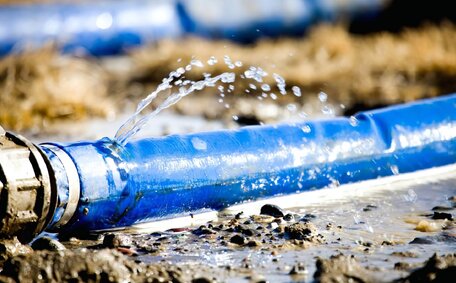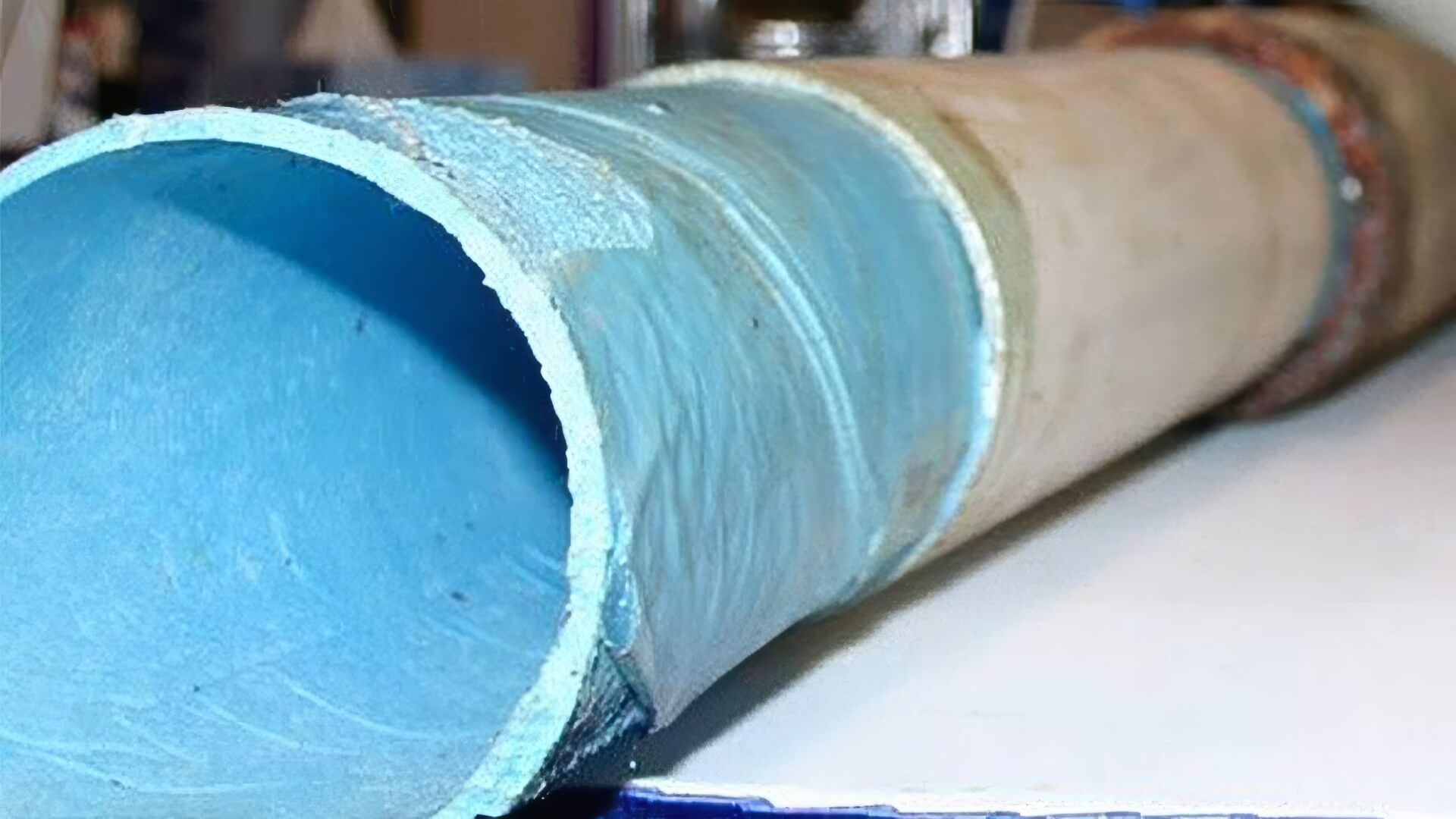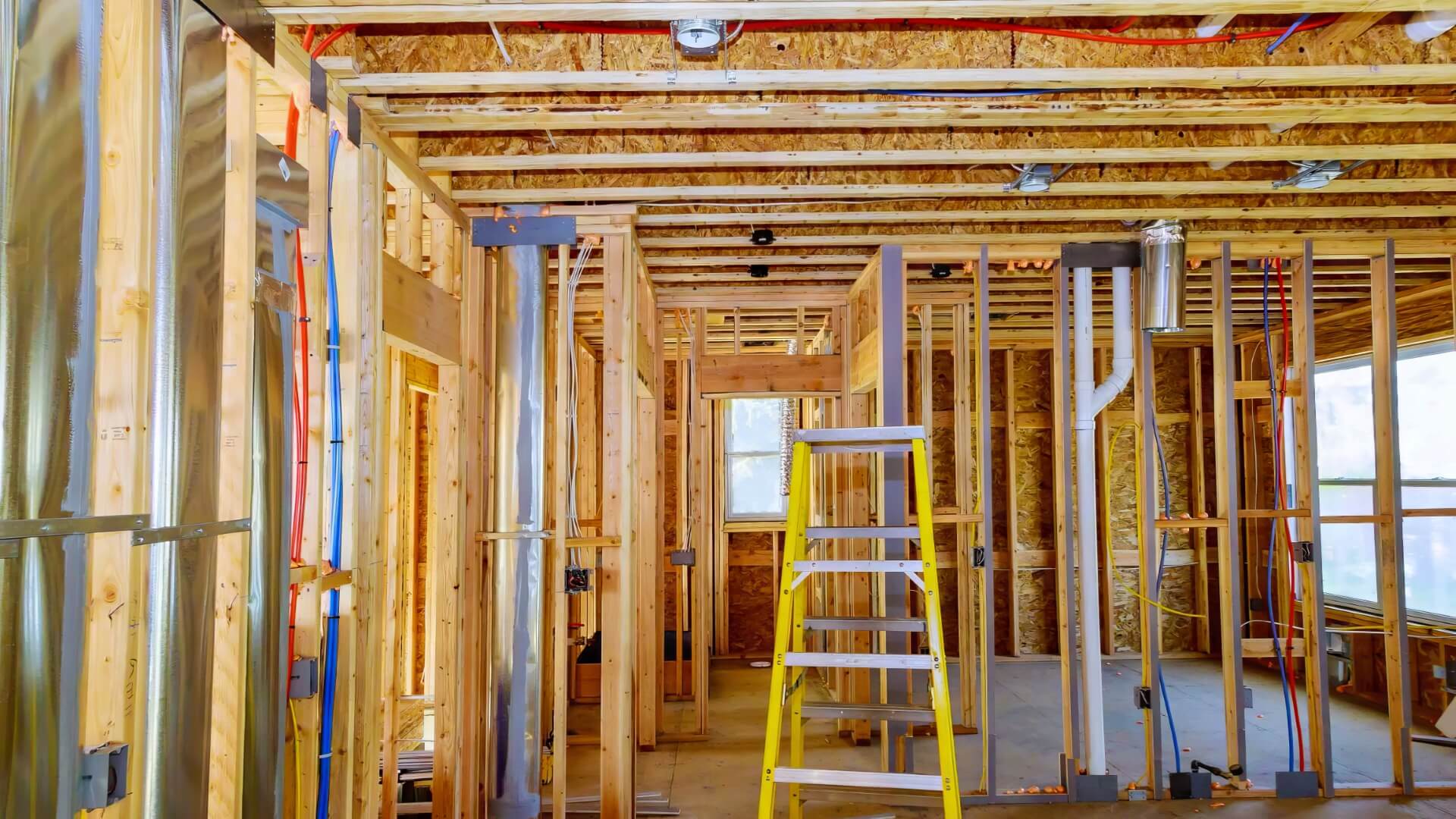Introduction to Recognizing Blocked Drain Signs
Detecting early warning signs of blocked drains is essential to prevent extensive plumbing damage. As leading Balmain plumbers catering to Sydney homeowners and businesses, we understand how crucial it is to identify blocked drains through common signs of a clog. Watch for backed-up water, gurgling noises, foul odours, and signs of slow drainage to get ahead of the blocked drains issue before it worsens.
Our skilled team can help identify the warning signs of blockages and has the necessary tools and expertise to accurately diagnose drain blockages and restore proper flow. Whether it’s a simple at-home fix or requires high pressure hydro jetting, Balmain Plumbing aims to provide prompt solutions. Don’t wait until sewage flooding your property occurs, which can lead to extensive damage - safeguard your plumbing by recognising the signs your sewer system is blocked.
Indicator 1: Slow or No Drainage
An unmistakable clue is there blockage when water begins to drain sluggishly from your fixtures, behaving more sluggishly than usual. You may notice water taking longer to drain after a bath or shower, indicating it’s an early signs blocked drain could be on the horizon, and it’s crucial to monitor if this slow drainage is occurring at other fixtures as well. The water will exhibit slow draining rather than flow freely down the drain.
Slow drainage, which is often partnered with unpleasant odours, are signs that can indicate a blockage is present within your pipes, hindering water and waste from flowing smoothly. Over time, a blocked drain can form as debris like food scraps, soap residue, fats, oils and hair builds up on pipe walls, creating a thick clog. By delving into the problem, you can find out why water takes an extended time to drain from your sinks, tubs, or shower stalls. If water lingers for more than 30 seconds in your shower, the problem can be a blockage worth having a plumber investigate.
Indicator 2: Unpleasant Odors
One of the most noticeable signs of a blocked drain is the foul smell or sewage-like odours that can cause your household significant discomfort. Unlike regular bathroom sink shower smells, these bad smells coming your way are often described as rotten, sulphurous or like decomposing organic matter.
In some cases, this can also occur when debris accumulates in pipes, preventing proper wastewater drainage. Any trapped food particles, grease, soap scum or other debris end up decomposing, releasing gas that wafts upwards through drain openings. The stench is a clear indication of a blockage your drains are suffering from, requiring immediate attention to clear efficiently.
If you suddenly notice any unpleasant smells where they never existed before, especially emerging from multiple drains, there is likely a clog. Pay particular attention to the most pungent occurrence of the odour, which can assist you to identify a blocked drain and problem areas swiftly. Ventilate the room in the short term, Nevertheless, it’s critical to look out for signs that your sewer drain could be hinting at deeper issues requiring your urgent attention.
Indicator 3: Gurgling Noises
Ominous gurgling sounds from your plumbing can often be the signs that a blockage is forming deep within the drains. This usually happens when air bubbles are let go by water pushing past clogs that are narrowing the pathway coming from the drain. You might hear gurgling, one of the signs blocked drains exhibit, which tends to be loudest when fixtures are draining slower than usual.
Trapped air creates a gurgling sound and rumbling as it squeezes through water held back by food particles, soap scum, grease or other solids. Gurgling is an unmistakable sign, and If the drain condition doesn’t improve, it’s clearly time to call a plumber for professional intervention.
Don’t ignore gurgling drains. The noises likely persist and worsen until pipes become fully clogged. The noises likely persist and worsen until pipes become fully clogged.
To clear blockage suspicions, you can take measures such as plunging or pouring a heated mixture of water, vinegar, and baking soda down sinks to tackle grease-induced restrictions. Should DIY methods fail, it’s time to call in your local plumber to prevent severe backups.
Indicator 4: Water Backup and Overflow
When you notice water backing up in sinks, bathtubs and showers, causing overflow, this is a clear indication there’s a blockage, and it’s time to reach out for professional help. When water starts to back up and overflow from plumbing fixtures, it’s essential to act fast by turning off the water at the main supply and calling a plumber to mitigate potential damage to your home.
Water backing up and overflowing is a tell-tale sign a blocked sewer line is present, suggesting further complications. This debris might cause a blocked sewer drain, leading to wastewater accumulation behind the clog with nowhere to go but up through the fixtures it connects to. Without swift intervention when there’s blockage involved, a worsening situation could put your kitchen, laundry, bathroom, and outdoor drains all at risk of overflowing.
While waiting for an emergency plumber, use towels to contain water overflow as much as possible. But avoid using electronics around flooding and never touch backed-up water due to health hazards from a potential drain blockage causing sewer drain contamination. With professional techniques like drain augering or hydro jetting, we can clear even the most stubborn clogged drain effectively.
Indicator 5: Multiple Clogged Fixtures
When clogs happen across one more fixture than usual, such as sinks, showers and bathtubs all draining poorly, this signals a blockage within the home’s main drain. Accumulating debris in this shared waste pipe not only hinders smooth drainage but can also cause backups, which might affect your walls and floors if left unattended.
Ensure to monitor any changes in the drainage rates of laundry sinks, outdoor drains, basement sinks, and even your washing machine before they indicate more severe issues with your sewer drain. Document fixtures with evidence of draining slowly, and track where foul sewage odours originate, taking action before they lead to severe blockage issues in your drains. Your diligence can save lots of time and frustration by accurately identifying the blockage for your plumber to decisively tackle during the drain cleaning process.
Given that the main sewer line connects all household drains, signs your own sewer is compromised become evident when any obstruction triggers systemwide drainage issues. You can obtain professional drain services equipped with devices like drain augers and hydro jetters to remedy more serious main line clogs.
Indicator 6: Abnormal Toilet Water Levels
When you notice inconsistencies in toilet bowl water levels, it’s a sign of possible obstructed drainage issues. If water sits abnormally high or low in the bowl between flushes, acting swiftly to address this unusual water level is crucial as it’s often a sign of a blockage in connecting pipes.
Higher than normal water levels can be signs of a blocked drain your sewer system has downstream, suggesting problems with backing up water. Meanwhile, low water levels occur when debris clogs the toilet’s internal trapway, preventing proper fill ups between flushes. In either case, abnormal toilet water implies blocked drainage flow.
It’s imperative to need make sure you keep track of the water level in your toilet bowl after you drain your bath or flush.
Water should refill to about an inch or two below the bowl rim, and if it doesn’t, it’s wise to address the problem soon to avoid a full clog. Drastic variations outside this normal range demand further inspection of household drain lines to identify and clear debris before it causes burst pipes or overflows.
When to Call a Professional Plumber
As your reliable local plumber in Balmain, our team is equipped to clear drains experiencing even the most stubborn or severe blockages that are beyond the reach of simple DIY fixes. We offer same day service for emergency plumbing when you need to clear a drain facing backed-up sewage, flooding risk or urgent issues.
Our team of licenced technicians is well-equipped to address signs of blocked drains with powerful tools designed to clear blockages and diagnose issues. We can deploy drain augers, hydro jetters and drain cameras to remove obstructions deep in sewer pipes, restore proper flow and evaluate your drainage system’s condition.
Consult our guide to receive prompt assistance right at your doorstep for your blocked drain needs sans the worry of a call out fee, or contact Balmain Plumbing directly on 1300 349 338 for additional plumbing emergencies in the Balmain vicinity. Our experts are standing by to troubleshoot issues and prevent further damage your property might sustain from burst pipes and flooding.
Preventing Future Blocked Drains
Preventing the most common blocked drains involves maintaining clean pipes through regular drain care and avoiding misuse of your plumbing system. Simple proactive measures like regularly looking out for changes in drainage can help stop clogs before they start.
1. Practise Routine Drain Maintenance
Make it part of your regular cleaning routine to pour hot water mixed with baking soda and vinegar down sinks and flush out your shower drain weekly. This can help naturally break up grime, hair, soap scum and grease accumulation before it hardens into blockages.
It’s a good idea to install inexpensive drain screens or catchers in sink pipes and shower stalls to trap hair and debris, which are crucial for preventing recurring clogs. This is extremely useful for preventing recurring issues.
2. Avoid Drain Misuse
What goes down your drains has a major impact on potential clogging. Never pour fats, oils, or grease into your sinks as these can solidify and clog your water pipe, along with other passing debris. You should never flush solid items like wipes, paper towels or feminine products which easily get trapped and can cause a blocked drain.
Even excess food particles from rinsing dishes can build up inside drains over time. Use drain strainers when washing vegetables, fruits, rice or pasta to minimise food debris passing through pipes.
3. Call for Professional Inspections
We recommend early professional drain inspections using tools like augers or drain cameras to pinpoint blocked issues before they blow up into serious plumbing emergencies. This proactive approach works wonders in maintaining your drains clear before they become a problem.
Our Balmain Plumbing technicians offer reasonably priced drain evaluations and maintenance cleaning, so don’t hesitate to get in touch. Make sure to get in touch as soon as possible any time you wish to schedule annual inspections or after major home events involving heavy sink or drain usage.






